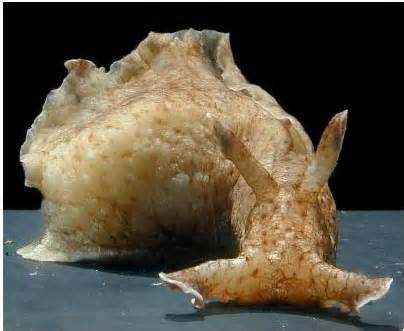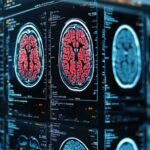December 22, 2014 – Alzheimer’s patients progressively lose their memories. I watched my mother-in-law and mother both succumb to the ravages of this disease as it robbed them of the recent past and then peeled away the decades until they reverted to distant memories. In my mother, a trilingual and adept, discerning individual, it even robbed her of her ability to speak coherently. She could still play the piano but when she expressed herself the words spilled out in an incoherent jumble.
New research just published in the online open journal eLife, however, gives hope to those like me who fear that they are genetically predisposed to this debilitating brain disease. In a report entitled, “Reinstatement of long-term memory following erasure of its behavioral and synaptic expression in Aplysia,” researchers working with the brain of a the Aplysia snail, containing 20,000 neurons (our brains contain 1 trillion), discovered that synapses that connect the brain cells can be regenerated when exposed to serotonin.
Serotonin is a neurotransmitter. A lack of it is often thought to trigger depression. But what researchers found in studying the snail’s defense mechanisms was, pulses of serotonin could stimulate growth of new and restoration of old synaptic connections. But were memories lost found in the synaptic connections (each brain cell has thousands of these) or somewhere else in the brain? Wouldn’t that mean only old synapses contained the memories, not the new synaptic growth?
David Glanzman, UCLA professor of integrative biology and physiology and of neurobiology, and lead author in the study, explains.
“If you train an animal on a task, inhibit its ability to produce proteins immediately after training, and then test it 24 hours later, the animal doesn’t remember the training….however, if you train an animal, wait 24 hours, and then inject a protein synthesis inhibitor in its brain, the animal shows perfectly good memory 24 hours later. In other words, once memories are formed, if you temporarily disrupt protein synthesis, it doesn’t affect long-term memory. That’s true in the Aplysia and in human’s brains.”
Glanzman and his colleagues believe that memory is not stored in synapses at all. He states, “We think it’s in the nucleus of the neurons.”
Their testing on the snail, Aplysia (seen below), indicated memory erased could be completely restored when synaptic connections both old and new reconnected the neurons. This finding for Alzheimer’s disease victims provides some hope. The disease destroys synapses. So if memories are not stored there, then they are not lost and can be recovered by stimulating synapse regrowth. Glanzman states, “As long as the neurons are still alive, the memory will still be there, which means you may be able to recover some of the lost memories.” At least this means in the early stages before neurons start to die, Alzheimer’s memory loss can be combated through the application of serotonin.
Related articles across the web












